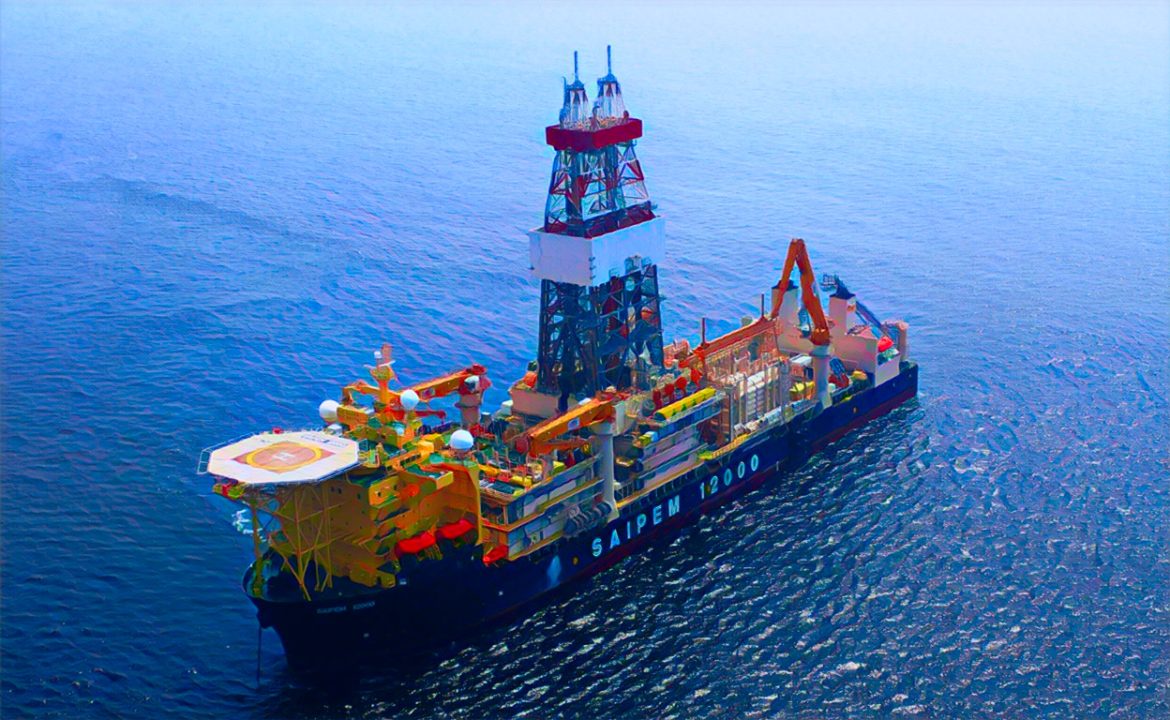KEY POINTS
- Exxon says merger reduces competition in subsea services.
- Petrobras warns about shrinking options for drilling vessels.
- Saipem7 merger vote expected this week.
Exxon Mobil Corp. and Brazil’s state-owned Petrobras have objected to the merger, warning it could harm market competition.
Both companies argue the proposed $4.6 billion merger may create a near-monopoly in Brazil’s deepwater oilfield services sector.
Exxon warns of reduced competition in subsea market
In a petition to Brazil’s antitrust regulator, Exxon argued that the merger would sharply reduce competition in the supply of subsea umbilicals, risers, flowlines, and pipe-laying vessels. The company said it would leave major operators with just one relevant supplier for deepwater pipeline installation projects.
Petrobras and oilfield services group TechnipFMC joined Exxon’s filing, underscoring the concern among industry heavyweights. TechnipFMC noted that the deal would tilt the competitive balance, making it harder for other firms to challenge the newly combined entity.
Petrobras highlighted its own dependence on the two companies, noting that about 50 percent of the vessels it deploys for offshore drilling are owned by either Subsea7 or Saipem. The company warned that if the merger proceeds, its options for sourcing equipment and services would narrow significantly.
Saipem7 merger set for shareholder vote
Saipem and Norway-based Subsea7 announced plans earlier this year to merge operations in a $4.6 billion deal. The combined company, to be called Saipem7, would generate annual revenues of about 21 billion euros ($24.76 billion).
It would also report EBITDA exceeding 2 billion euros ($2.4 billion), highlighting strong profitability across global oilfield services markets.
The firm’s combined order backlog is estimated at 43 billion euros ($50.7 billion), reinforcing its long-term business stability.
Shareholders of both companies are scheduled to vote on the merger at separate meetings on Thursday. The Italian government has already approved the transaction, and if endorsed, the deal is expected to close in the second half of next year, according to OilPrice.



